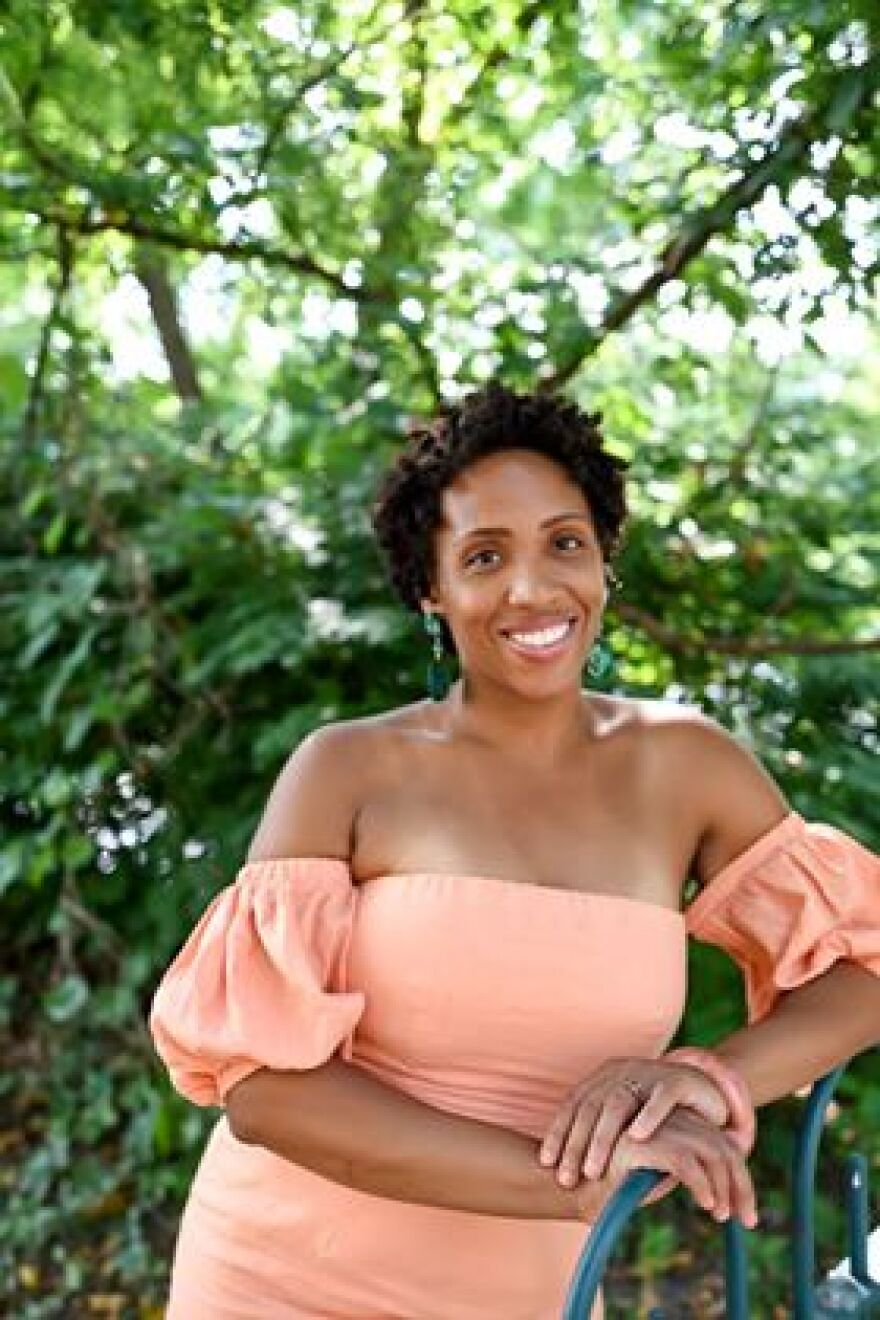As the coronavirus continues to spread, there's growing concern that African Americans are being hit hardest.
While a lack of racial data in Allegheny County -- and many other parts of the country -- makes it hard to measure such disparities, concern in Pittsburgh was already high after a report last year showed serious gaps in treatment, especially for black women. And one factor, some suspect, is a lack of black health care professionals.
Last September, the city's Gender Equity Commission found that a black infant is twice as likely to die in Pittsburgh as a white infant. And black women here are more likely to die from complications in childbirth than black women in 97 percent of cities similar to Pittsburgh.
Some black health care professionals say they've seen first-hand what that treatment can look like in area hospitals. Mimi Scharmann is a local doula, a trained advocate who works with mothers before, during and after birth. It's her job to make their pregnancy experiences easy. But she said sometimes it can be hard, like the time a client complained about discomfort just after giving birth.
“She was saying she wasn’t feeling that well,” Scharmann said. “A nurse came in, ‘oh this is just part of birth, you’re fine.’ Then later she starts hemorrhaging and then everyone runs in the room and wants to take care of her. But if you would have just listened to what she said from the beginning then we wouldn’t have had to get to that point.”
Scharmann suspects that if a white mother complained, she likely wouldn’t have had to ask twice. Fellow doula Iyanna Bridges agrees.
“I’ve had a nurse ask me, ‘Do you really think her pain is at a 10?’” Bridges said. “Just because she’s not yelling at the top of her lungs … if she’s just sitting there rocking back and forth saying ‘I can’t take this, it’s unbearable,’ it doesn’t matter what it is to you. If she says it’s a 10, it’s a 10.”
A study by the Center for Infectious Disease Research and Policy found that black patients were 15 percent less likely to receive medicine than white patients, and the Center for Disease Control and Prevention said black women are among some ethnic groups that are two to three times more likely to die from pregnancy-related causes than white women.

Muffy Mendoza said such numbers don't surprise her. She’s the founder of Pittsburgh Brown Mamas, a local support group for black mothers. And one concern she hears a lot, she says, is “African American people want to see doctors that look like them, and it’s really difficult to do in Pittsburgh right now."
It is hard to gauge the number of African Americans practicing medicine locally. But Mendoza says that participants in her group asked where to find black doctors so often that the community compiled a list. There are roughly two dozen names on it.
“African-American women are constantly looking for a black doctor,” said Mendoza. “Because we know that African-American practitioners are going to be more in tune with our cultural journey, with our language, and also with creating experiences for us that feel good.”
Studies have shown that black patients do feel more comfortable with black doctors. In 2018, the National Bureau of Economic Research found that black men were more proactive about seeking treatment when they were treated by a black doctor.
Jada Shirriel is CEO of Healthy Start, a public health organization that works to reduce the county’s racial disparities in maternal and child health.
Shirriel worries that in the wake of the report, too much attention will be focused on criticizing the health habits of black women, who show elevated risk for hypertension and diabetes.
“As a black woman, talking about this report is triggering,” she said. “So, we really have to be careful of blaming and shaming women.”
She says the focus should be on hiring a more diverse health care workforce, investing in facilities that treat black women, and funding services by doulas and midwives. Those are recommendations by the Black Mamas Matter Alliance, a national organization that focuses on changing policy and advancing care for black mothers.
Unfortunately, COVID-19 has made the job of being a doula harder. Under protocols to limit the disease, hospitals are allowing only one visitor during the labor and delivery process -- and no visitors can attend prenatal appointments.

Dr. Uche Blackstock worries that such an approach won’t help women who already risk being ignored.
“I can only imagine that these kinds of experiences may occur more often where patients aren't being listened to,” she said.
Blackstock is a part-time clinical physician in New York, an epicenter for the disease, and the founder of Advancing Health Equity, which helps health care providers address racial imbalances. She said that the coronavirus pandemic can make such inequality even more dangerous.
Early on, she saw signs that black patients were less likely to be tested for the virus, perhaps partly because so many of those tested had traveled out of the country or interacted with people from places that already had the virus. Those criteria, she said, risked leaving out black people – while testing people on the basis of their age or other health factors might have been a better gauge.
“I think if we're using that testing criteria, then you definitely would see more black patients being tested,” Blackstock said. “But in those early days, those weren't the criteria like the co-morbidities or age. And so we may have been missing a number of black patients who actually did have coronavirus."




